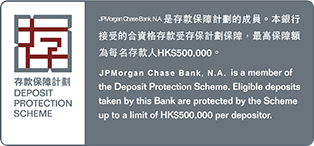Sustainable investing (“SI”) and investment approaches that incorporate environmental social and governance (“ESG”) objectives may include additional risks. SI strategies, including ESG SMAs, mutual funds and ETFs, may limit the types and number of investment opportunities and, as a result, could underperform other strategies that do not have an ESG or sustainable focus. Certain strategies focused on particular sectors may be more concentrated in particular industries that share common factors and can be subject to similar business risks and regulatory burdens. Investing on the basis of sustainability/ESG criteria can involve qualitative and subjective analysis and there can be no assurance that the methodology utilized, or determinations made, by the investment manager will align with the beliefs or values of the investor. Investment managers can have different approaches to ESG or sustainable investing and can offer strategies that differ from the strategies offered by other investment managers with respect to the same theme or topic. ESG or sustainable investing is not a uniformly defined concept and scores or ratings may vary across data providers that use similar or different screens based on their process for evaluating ESG characteristics. Additionally, when evaluating investments, an investment manager is dependent upon information and data that may be incomplete, inaccurate or unavailable, which could cause the manager to incorrectly assess an investment’s ESG/ SI performance.
J.P. Morgan takes a global approach to sustainable investing and the solutions offered through our sustainable investing platform meet our internally defined criteria for a sustainable investment. The evolving nature of sustainable finance regulations and the development of jurisdiction-specific legislation setting out the regulatory criteria for a “sustainable investment” or “ESG” investment mean that there is likely to be a degree of divergence as to the regulatory meaning of such terms. This is already the case in the European Union where, for example, under the Sustainable Finance Disclosure Regulation (EU) (2019/2088) certain criteria must be satisfied in order for a product to be classified as a “sustainable investment”. Any references to “sustainable investing”, “SI” or “ESG” in this material are intended as references to our internally defined criteria only and not to any jurisdiction-specific regulatory definition.
© $$YEAR JPMorgan Chase & Co. All rights reserved.










